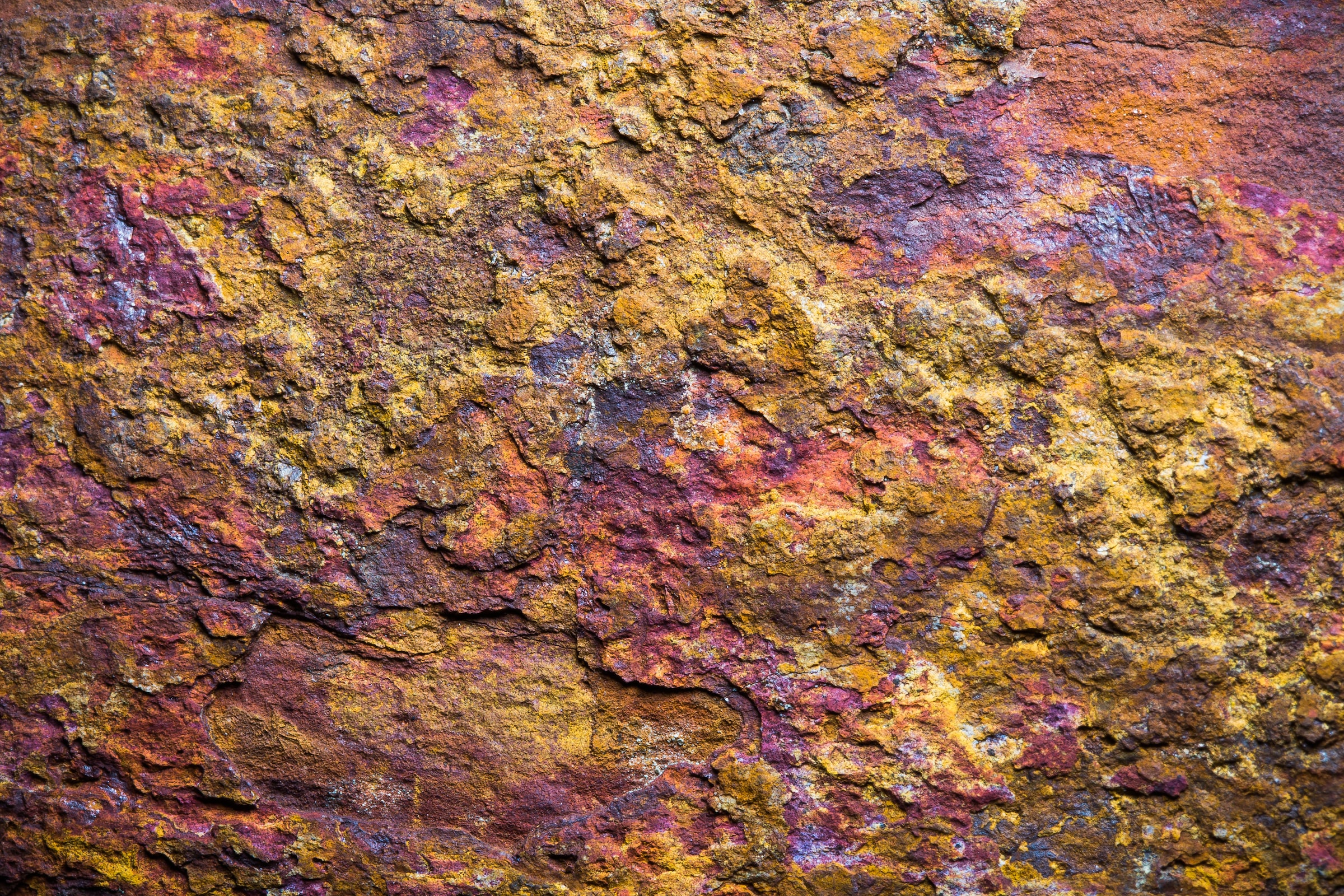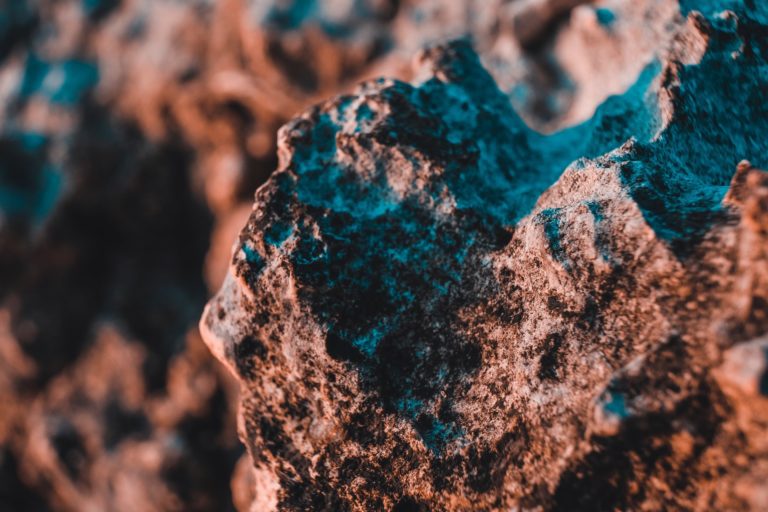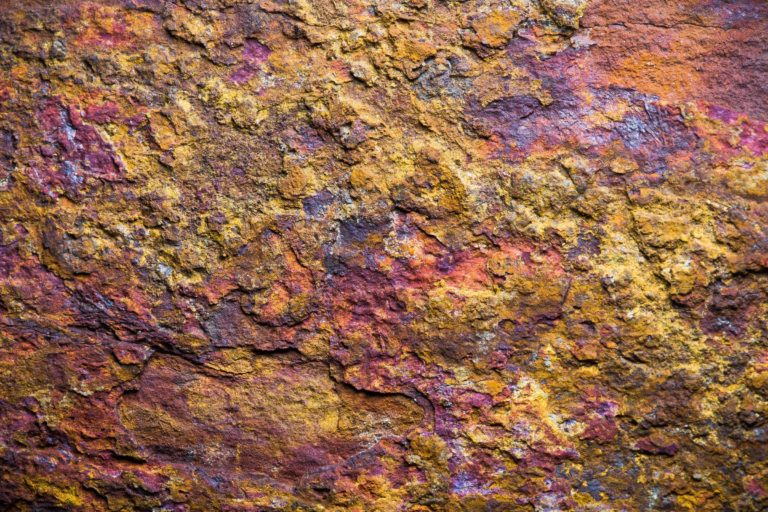“Making mineral resources work for sustainable development in Africa”
The 2030 Global Sustainable Development Agenda and its 17 Sustainable Development Goals (SDGs) are at the center of a global cooperative effort for attaining sustainable development globally through inclusive growth and socioeconomic structural transformation. Lifting nations and communities out of extreme poverty SDG 1, eliminating hunger (SDG 2), ensuring decent jobs and economic growth (SDG 8) as well as Industrialization, innovation and infrastructure (SDG 9) to mention but a few are some of the key goals. These efforts are particularly important for Africa and African nations and are in line with the African Union Vision through Agenda 2063 and its 7 Aspirations.
Africa is at a critical juncture in its development trajectory. The commodity super cycle from the middle of the last decade created expectations of prosperity and transformation. At the end of this resource boom, Africa has not realized significant benefits. Rather, inequality, fragility, poverty, corruption and social dislocation have since been on the rise.
Sustainable and responsible exploitation and management of minerals and other natural resources are key areas that can create decent job and foster economic growth, promote industrialization and innovation, improve infrastructure, feed into clean energy, and above all lift African countries out of poverty. Efficient, effective, sustainable and responsible management of these resources that will achieve long-term development goals are key and most critical challenges facing Africa’s mineral resource-rich countries. To achieve this will require concerted efforts through global partnerships to reduce conflicts and create peace and ensure responsible consumption and production
Minerals Africa Development Institution (MADI) is an African-led, global social enterprise with its main goal to support African countries undertake efforts in transforming their economies by de-risking their minerals sector to ensure that there are mutual and societal benefits accruing equitably to all key stakeholders and that environmental concerns are taken into account. In doing so, MADI goals and objectives to promote sustainable and responsible mining and mineral resources management and governance in Africa are drivers to help achieve the SDGs through building capacities, research for policy guidance and promoting knowledge-based African solutions for mineral resources development, utilizing international best practices among others.
Working with the African member states, African continental and regional organizations, bilateral and international organizations, private sector, civil society, mining associations, communities, and other interested partners and stakeholders, MADI’s efforts will center on creating the enabling environment for a transformative change in managing the minerals sector to create shared value and thus ensure mutual and optimal benefits for all stakeholders. Together with identified key stakeholders, MADI will work to ensure that the benefits of the mining activities extent beyond the life of the mines so that the industry can have positive impacts on the natural environment, climate change and social capital.
In creating projects and programs, MADI uses SDG targets and indicators and integrates them into their performance measurement frameworks. Thus, we can adequately report on results achieved, though the extent of their contribution to the SDGs may be difficult to quantify.
Our programming is and will be tied to these six key focus areas:
Establishing partnerships to improve mineral resources governance and creation of shared value;
Strengthening Integrated Minerals Sector Management including geological and natural resources management systems along the minerals value chain;
Improving Public and Private Sector dialogue in Policy Guidance and Governance to reduce resources nationalism;
Strengthening and Transforming Mining Associations including Women in Mining, Artisanal and small-scale mining;
Engaging artisanal and small scale miners and sharing benefits through formalization of their sector and integration into national, regional and global minerals value and supply chains;
Building institutional capacities of targeted beneficiaries.
In addition, MADI will support the collection and management of geological data and information sharing as well as engaging in spearheading discussions aimed at accelerating mineral resources sustainable development in the Fourth Industrial Revolution.
Targeted focused areas by MADI will contribute to 12 Sustainable Development Goals in Africa, as presented below:
MADI, through partnerships to improve mineral resource governance (SDG 17) and by promoting the Governments’ efforts towards creation of an enabling environment and conditions for inclusive and sustainable economic growth (SDG 8) will contribute ultimately to reducing poverty (SDG 1).
By working with resource rich countries to strengthen institutions (SDG 16) MADI activities will deliver development outcomes through innovative solutions (SDG 9) that foster and advance climate actions and solutions (SDG 13) while protecting environment, nature destruction, biodiversity (SDG 15) and water resources or blue economy (SDG 6).
MADI is committed to promoting responsible consumption of mineral resources and production of metals, minerals and their local processing (SDG 12) while reducing inequalities in the societies (SDG 10) and advancing gender equality and the empowerment of women and girls (SDG 5). At the same time MADI’s activities will contribute to equitable and quality educational and training opportunities for public sector and local communities (SDG 4).




